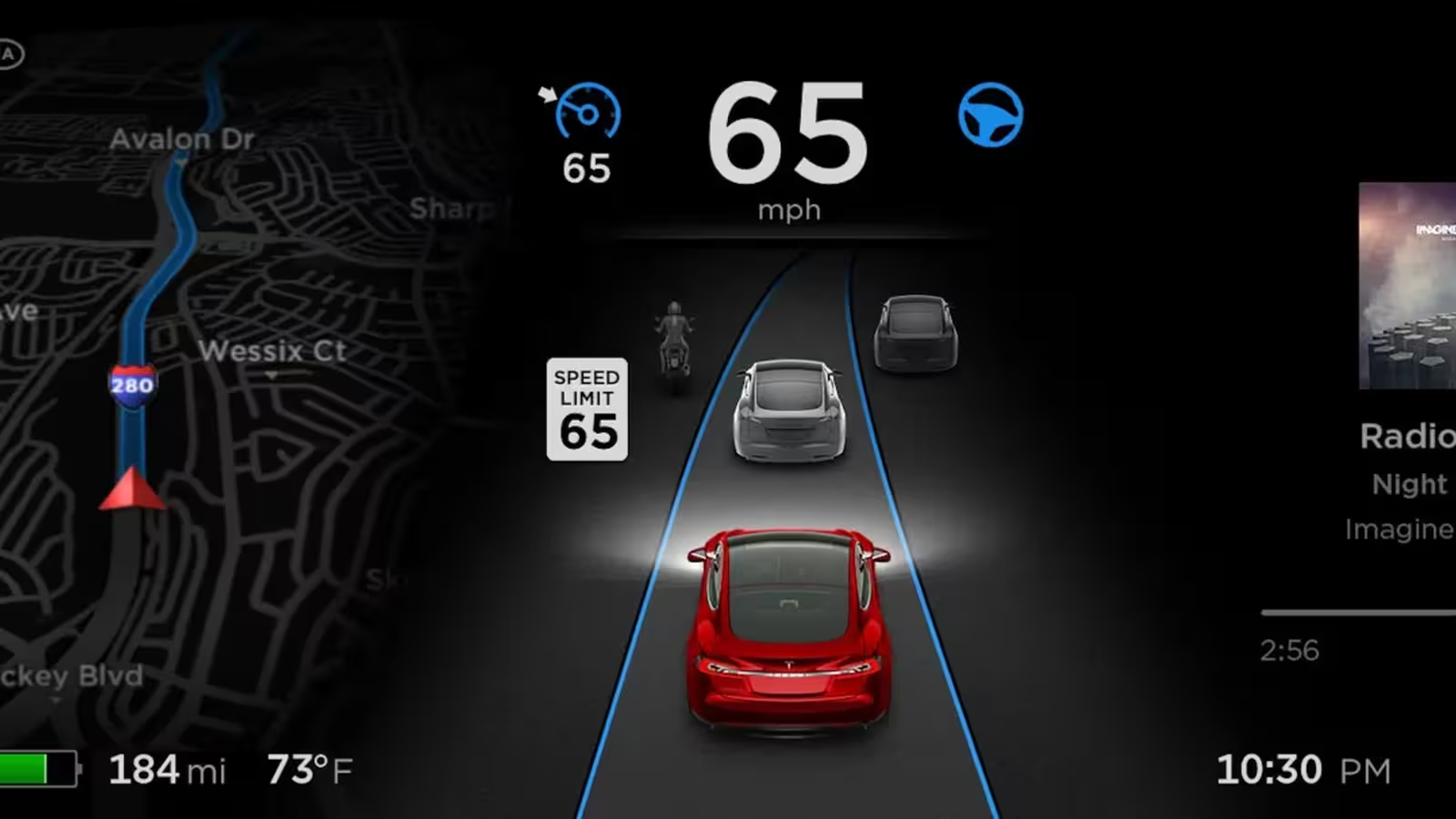3 Minutes
Overview of the Tesla Autopilot Wrongful Death Case
A tragic accident involving Tesla’s Autopilot system has led victims’ families to seek $345 million in damages in a high-profile wrongful death lawsuit. The incident, which took place in Key Largo, Florida, in April 2019, has reignited the debate surrounding advanced driver assistance systems (ADAS) and the responsibilities automakers hold in marketing and deploying such autonomous driving technologies.
The Circumstances of the Crash
George McGee was operating his Tesla Model S with Autopilot engaged when he became distracted after dropping his phone. While his attention was diverted, the vehicle failed to stop at a T-junction stop sign and collided with a parked Chevrolet Tahoe. Tragically, 22-year-old Naibel Benavides Leon, who was standing near the Tahoe with her boyfriend Dillon Angulo, lost her life, and Angulo suffered serious injuries.
Legal Action and Seeking Compensation
Law enforcement charged McGee with reckless driving, but the families affected decided to take further legal action against both McGee and Tesla. While McGee reached a settlement, Tesla has not come to terms, which resulted in a nearly month-long trial in Miami. Plaintiffs have requested a total of $345 million from Tesla, comprising $109 million in compensatory damages and $236 million in punitive damages. Their argument is that Tesla’s marketing of Autopilot fostered overconfidence and complacency in drivers, possibly leading them to misinterpret the vehicle’s autonomous capabilities.
Examining Autopilot: Technology, Performance, and Market Impact
Tesla’s Autopilot is an industry-leading advanced driver-assist system that offers features such as auto-steering, adaptive cruise control, and lane-centering. However, it is not a substitute for full autonomous driving and requires constant driver supervision. The Model S, involved in this incident, is renowned for its electric powertrain, exceptional acceleration (0-60 mph in as little as 2.3 seconds for top versions), and cutting-edge tech suite – but the controversy around Autopilot has added friction to its market positioning.
Comparatively, Tesla’s Model S remains a class leader in range, performance, and design, outpacing most electric sedans in its segment. Yet, incidents like this shine a spotlight on how automotive innovation presents legal, technical, and ethical challenges, especially as other manufacturers race to deliver their own ADAS and self-driving features.
Company Response and Industry Comparisons
In court, Tesla has shifted blame onto the driver, emphasizing that he admitted to being distracted. The automaker also claims telemetry data shows the accelerator was pressed, though concerns have been raised over how this data has been handled. Notably, Tesla has recently settled several wrongful death lawsuits related to its Autopilot and Full Self-Driving (FSD) systems, suggesting ongoing scrutiny across the automotive safety landscape.
Competing manufacturers, such as Mercedes-Benz and BMW, also offer driver-assist solutions but maintain strict messaging about active driver engagement. As litigation and government oversight around autonomous vehicles and ADAS intensify, the industry’s future may hinge on transparency, reliability, and public trust.
Broader Implications for Tesla and the Automotive Sector
This case is being closely monitored by industry experts and legal teams around the world. Its outcome may influence not only Tesla’s ADAS policies and marketing but also set precedents that shape the future of driver-assistance regulation, system design, and accountability within the automotive industry. With the jury deliberating, the automotive world is awaiting a decision that could have ramifications for how innovation, safety, and liability are balanced as vehicles become increasingly autonomous.
For global automotive enthusiasts, the aftermath of this trial serves as a timely reminder: while advanced technology is pushing vehicles to new heights, the ultimate responsibility on the road remains a shared one between driver and manufacturer.
Source: electrek



Comments